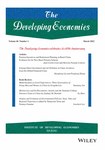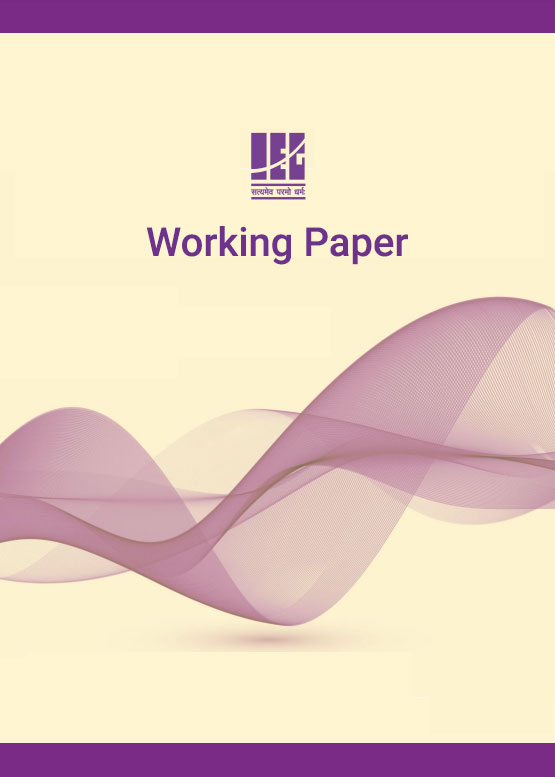Financial heterogeneity, NBFCs, and investment responses to monetary shocks in India
Speakers:
Ankit KumarIIM, Calcutta
Abstract:-
I examine the impact of financial friction, specifically borrowing from Non-Bank financial Corporations (NBFCs), on firm-level investment responses to the Reserve Bank of India (RBI) monetary policy shocks. My empirical analysis demonstrates that when firms borrow from NBFCs, their investment responsiveness to RBI monetary shocks decreases. I develop a quantitative New-Keynesian dynamic stochastic general equilibrium model with investment, default risk, and bank and NBFC borrowing to interpret this result. Until recently, the RBI’s stringent regulations did not apply to NBFCs. In addition, they don’t have creditor rights under various regulations, including the SARFECI Act. In my model, firms that borrow from NBFCs respond less because they face a steeper marginal cost of the financing curve. Particularly, the lower recovery rights translate into expensive NBFC loans, which results in a higher marginal cost of external financing. My findings indicate that the recent decision by the RBI to increase NBFC regulation and the government’s decision to extend creditors’ rights to them are likely to increase monetary policy transmission to private investment by approximately 40 basis points.





